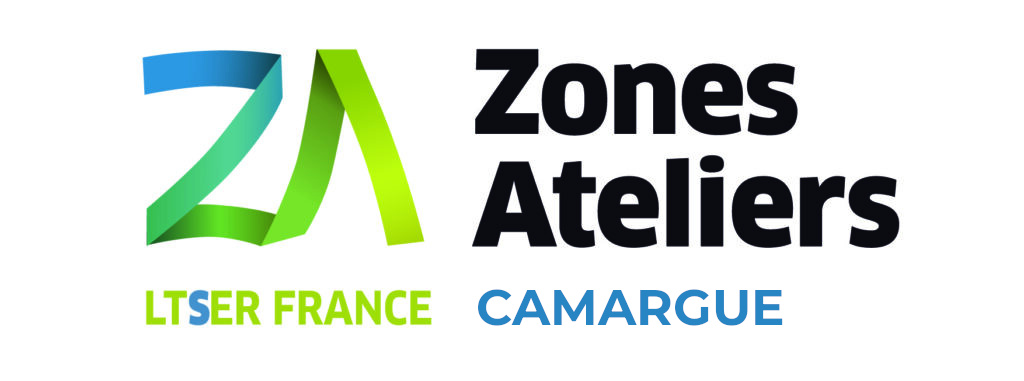What is research data?
Several definitions exist; the most commonly used is that of the Organisation for Economic Co-operation and Development (OECD), which defines research data as " factual records (figures, text, images and sound), which are used as primary sources for scientific research and are generally recognised by the scientific community as necessary to validate research results ". Research data can therefore be sound recordings, video images, satellite images, microscope images, a textual corpus, transcriptions, a table showing the results of a survey or test, temperature readings from a time series or any other field measurement, the contents of a database, etc.
Data included in the plan
Data management is based on a good understanding of the data life cycle, from the creation of the data to its re-use. The first stage - or preparatory phase - involves getting to know and identifying the general, technical and legal issues associated with data management in a research project. It allows you to plan ahead, get informed and understand, so that you can anticipate and plan the course of a project with peace of mind.
This stage is essential for understanding the constraints and opportunities associated with data management, the tools and infrastructures that are available or necessary, the support policies and the multiplicity of players that interact, the regulations in force and the skills and expertise that need to be acquired.
To achieve this, the data producers fill in a form as soon as the project is launched a data management plan (Data Management Plan - DMP) for their project. The data management plan is a management tool in the form of a document structured under headings. Its aim is to summarise the description and evolution of the research project's data sets. It prepares for the sharing, re-use and long-term preservation of the data. The DMP-OPIDOR tool (account to be created) will help you with this process, with instructions at every stage.
Viewing the LTSER platform data
The Camargue Health-Environment Long-Term Socio-Ecological Research platform (LTSER ZACAM shortly ZACAM) has a geocatalogue of metadata providing information on the data available from the ZACAM's research work. It is harvested by the RZA geocatalogue and by the main national and international catalogues of interest.
Link to the geocatalogue (keywords ZACAM)
Features of the geocatalogue : Geonetwork version 3.10.3
Data can be accessed from the metadata sheet, if the data has been deposited in a repository (DOI), or on request (cf. contacts" section in the metadata sheet).
The frequency of data updates varies according to the series.
The data use policy is specified in each metadata sheet.
If you wish to deposit data in another warehouseThe preferred warehouse for RZA data is the Dataverse DataInDoRES made available by INEE and managed by UMS BBEES. A sub-space dedicated to RZA data has been created (access link https://data.indores.fr/dataverse/RZA), and access codes (account to be created) can be requested from contact form. It should be noted that for multi-partner projects, universities and OSUs can also provide a warehouse service.
Harvesting to other catalogues
If you wish to harvesting the geocatalogue metadata baseThe URL link is as follows:
https://cat.indores.fr/geonetwork/ZACAM/fre/catalog.search#/home
In addition, enter the keyword "ZACAM".
Controlled vocabulary
When producing your metadata sheets and choosing the names of your variables (data dictionary), we encourage you to use the EnvThes thesaurus of the eLTER network. Other thesauri to consider are : LOTERRE Biodiversity, THEIA/OZCAR, GEMET, AGROVOC.
Training with RZA
WG 4 Data & Open Science, led by the Réseau des Zones Ateliers, aims to support the Zones Ateliers in :
- the production of FAIR (Findable, Accessible, Interoperable, Reusable) data
- the development of original technical solutions for sample and data management
- data acquisition...
On the other hand, WG4 is proposing an increase in skills, harmonisation of practices within the ZAs and a common data management culture.
All the information is available on the Zones Ateliers network.
Contacts
- for the ZACAM : Jean-Claude Raynal (jean-claude.raynal@cnrs.fr) Nathalie Boutin-Richter (Nathalie.boutin@ird.fr)
- for the RZA : Claire Tito de Morais (claire.titodemorais@univ-brest.fr)
